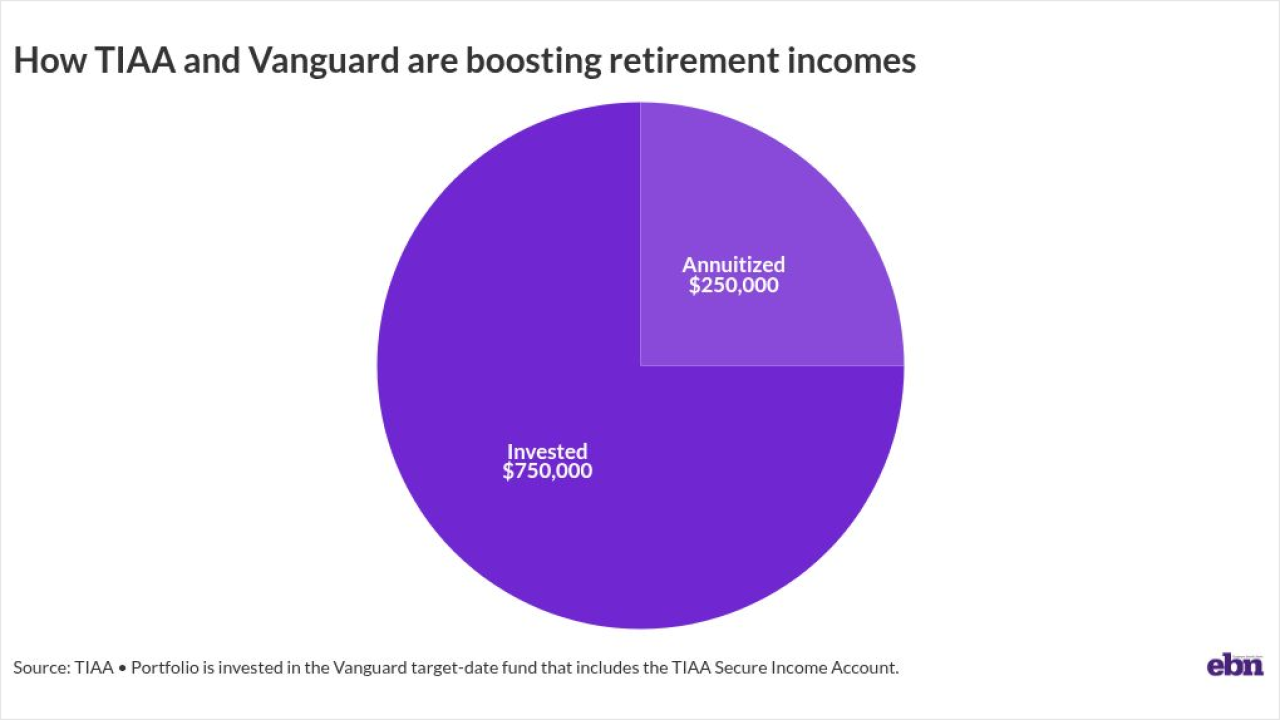Shayla Smith is used to often being
"In almost all cases, I have been the only female in the room, at the table, in the role," says Smith, now the chief operating officer at LA-based law firm Lichter, Grossman, Nichols, Feldman, Rogal, Shikora and Clark. "Now I serve as COO, but that conversation doesn't stop. It's super important to see these examples so other women know it is possible."
Read more:
Smith is in a small minority of women who hold an executive role: Less than 12% of C-suite roles are held by females, and an even smaller share — just 6% — are women of color, according to data from S&P Global Market Intelligence.
Employers cannot excuse themselves from the compensation conversation, though perks like flexible work or
"When companies try to supplement [salary] with other benefits that are particularly tailored toward women in the workplace, there's no actual monetary correlation," she says. "It's still important to make sure that women are being compensated in their pay directly, outside of those benefits and perks."
Read more:
Smith shares how she learned
Salary transparency is becoming more common, and is often legally mandated on job postings. How can this help women advocate for better pay?
Salary transparency creates a different type of conversation when you're coming to the negotiation table, but it also offers an opportunity to ask, "What are others with my same experience being offered in this role?" These are questions that women have not felt comfortable asking. Most women accept what they are offered, but salary transparency can give women leverage to negotiate their pay and counter-offer.

I think women are also having more conversations with other women and being more transparent amongst ourselves. Find that support so when you go to the bargaining table, you have something to negotiate with.
Read more:
How have you done that in your own career?
Because I've worked in HR, I've had exposure to [the process], and I've asked more questions. Things like, "What is the pay range, and where do I fall in line with my peers?" That sparks conversations which have worked out not only for myself, but for other women in those roles. I've also
They say that men go for jobs they are 10% qualified for and women want to check all of the boxes. But you have to be able to say, "I'm not great at this, but I'm stellar at this," — being confident in your capabilities is something I didn't do much before, but something I definitely do now.
As someone who's worked in HR, how would you advise recruiters to be open to those negotiation discussions?
It's important to understand your pay structure as the entire picture — companies try to do one-size-fits-all, but that's not always the case. It's also something to really think about when it comes to pay: It's not just about the monetary value of the salary or the increase, but how much it's going to
I always encourage my own employees to have that conversation. If there's a number you're looking for, I'll do my research, and you do yours, and let's see where we land. Sometimes it goes in their favor and sometimes it's like, "Hey, this is not the right time because of your experience or the role."
Read more:
Are you optimistic you'll see more female representation in the C-suite and more pay parity at all levels?
Twenty years ago, women were at home more and the men were out in the workplace. That has changed drastically over the last couple of decades, and COVID has also changed the dynamic, which has changed pay conversations, too. Companies are going to understand and almost be forced to make sure that there is a
But it's not just the pay that contributes to the pay gap. We still have a lot of male-dominated areas and industries, like politics and finance. There are so many things that make our world go round that are still male-dominated. The more women and people of color that get into place, there is no room left for that gap. The company I work for is amazing and I wish other companies and firms were similar to mine around what they stand for. We have a female founder of our firm and hers is the first name on the door. It's super important to see those examples so other women know it is possible.






